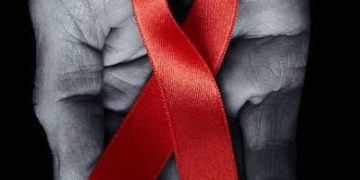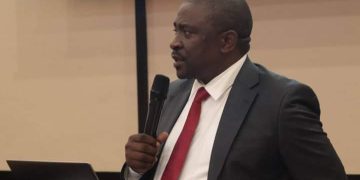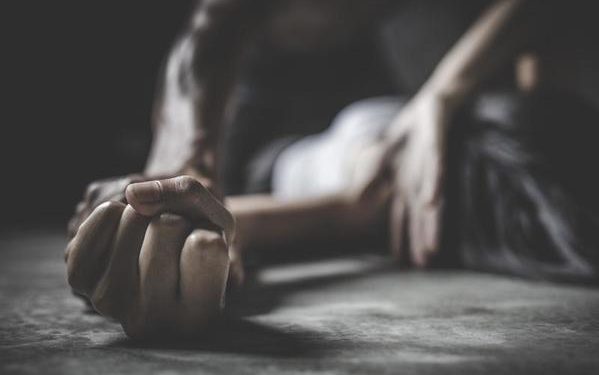Maseru
A prevailing trend in Lesotho reveals that a significant portion of sex offenders are youths, as evidenced by the demographic composition of inmates within the correctional services system.
This information was revealed in a stakeholder’s workshop held by Ministry of Justice, Law and Parliamentary Affairs together with the European Union recently in Maseru.
On one hand, according to a Be In The Know 2022 report, Lesotho has one of the highest rates of rape and sexual violence in the world, 28% of men and 27% of women believe that women do not have the right to refuse sexual advances while the issue of sexual violence against women has been identified as one of the contributors to the AIDS crisis and HIV gender gap.
On the other hand, activists blame patriarchy for fuelling sexual offences despite the Sexual Offences Act (2003) and the Married Persons Act (2006) providing for equal rights for men and women in marriage, the Customary Law, however, subordinating women to men is still very much part of society in Lesotho.
In September 2020, the Legal Aid service providers under a financial agreement with the European Commission implemented a programme titled “Support for the Reform and Strengthening of Governance in Lesotho”.
Find more news on:
Mofomobe, SECTION 2 call for Gvt to subsidise commodities
During the workshop, Wycliff Nyakundi Nyamao revealed alarming statistics of legal matters stating that “Sexual offenses rank the most common offense at 50% of crimes in Lesotho, most of people committing crime being young people.”
In addition, he also pointed out that youth are said to be the least age group in getting access to services, of which is a great concern and called upon stakeholders and youth organisations to support its youth.
The second leading offense was revealed to be homicide at 29% and theft at nine percent.
Further research indicates that poverty remains the greatest challenge to access to justice standing at 41%. Most people being unable to afford legal representation, while the second most dominant challenge is said to be distance.
“In Lesotho justice does not talk to the people. The system is for the rich and the connected individuals” these are some of the common bias perceptions people hold on the legal system of Lesotho.
Recently, a distressing case has come to light in Lesotho that highlights the prevalence of sexual assault and the shortcomings of the country’s justice system, a Mosotho woman accused an Ethiopian man, who currently works Polihali Dam Construction of raping her. The accused reportedly offered M40 000 to settle the matter, but the victim, citing her lack of confidence in the Lesotho justice system, demanded a whopping M100 000.
This troubling incident has not only exposed the widespread issue of sexual violence in Lesotho but has also brought into question the effectiveness and fairness of the country’s legal system.
Speaking at the event, Minister of Justice, Law and Parliamentary Affairs Richard Ramoeletsi, stated that the government of Lesotho remains highly committed to improving access to justice for everyone in Lesotho.
“The Government is committed to expanding the legal aid services, and efforts are being explored to improve the capability of Legal Aid Unit to reach more vulnerable people in Lesotho”, he said, pointing out that the Legal Aid Clinics will be placed throughout the country. However, he said that will be done after the outdated laws such as the Legal Aid Act of 1978 have been reviewed.Ramoeletsi also indicated that it has been a long vision of the country to be able to afford Legal Aid Services sufficiently to those mostly in need and unable to afford Legal services, regardless of their location, religious beliefs, age and gender. “It has been a dream that Lesotho adopts the best international practices in the provision of legal aid. That is, legal aid should extend to legal education, mediation and awareness.”





